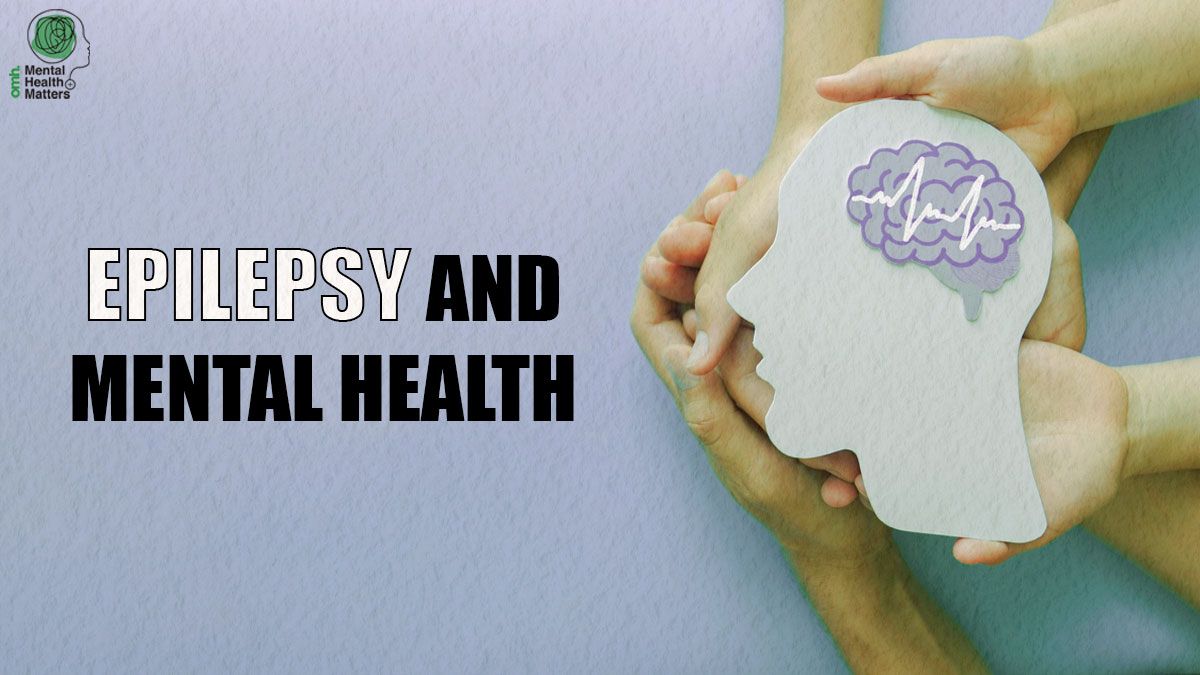Epilepsy's Hidden Struggle: How a Neurologist Exposes the Mental Health Impacts of Living with Seizure Disorder

In celebration of National Epilepsy Day, the team at Alaryana.com discussed the overlooked mental health challenges faced by individuals living with epilepsy. According to Dr Shiva Kumar HR, Consultant - Neurologist, Gleneagles BGS Hospital, Kengeri, Bengaluru, epilepsy's influence on mental well-being is just as crucial as its physical symptoms.
As India observes National Epilepsy Day, it's imperative to shed light on the emotional turmoil accompanying this prevalent neurological condition. While controlling seizures takes centre stage, addressing anxiety, depression, and emotional distress is equally vital for a comprehensive approach to managing epilepsy.
According to Dr Kumar, approximately 50 million people globally are affected by epilepsy, with accurate diagnosis and treatment enabling up to 70% of individuals to live without seizures.
"Epilepsy is a long-term brain condition where clusters of nerve cells send incorrect signals, leading to seizures," explained Dr Kumar. "Unpredictability and social stigmas contribute to the increased risk of co-occurring mental health issues like anxiety and depression."
Anxiety, often referred to as 'seizure anxiety,' is the most common mental health issue linked to epilepsy. This fear stems from the uncertainty of having a seizure in public or during daily activities, which can worsen anxiety.
Depression is another prevalent issue faced by individuals with epilepsy. The emotional toll of living with a condition that disrupts personal goals and aspirations can lead to feelings of isolation, frustration, and helplessness. Furthermore, certain Antiepileptic Drugs (AEDs) prescribed to control seizures can exacerbate symptoms of depression through mood changes.
To address these mental health challenges, Dr Kumar recommends a holistic approach addressing both physical and emotional needs:
- Open communication with healthcare providers is crucial for managing epilepsy.
- Cognitive Behavioral Therapy (CBT) helps individuals understand their problems and teaches new ways to think about them.
- Support groups and peer networks alleviate feelings of isolation and provide valuable coping strategies.
- Mindfulness practices like meditation, deep breathing, and yoga assist in stress management and emotional regulation.
- Healthy lifestyle modifications including physical activity, balanced nutrition, and consistent sleep are essential for maintaining mental and physical health.
"Collaborative care, lifestyle adjustments, and emotional support empower patients with epilepsy to live with greater confidence and resilience," concluded Dr Kumar.
